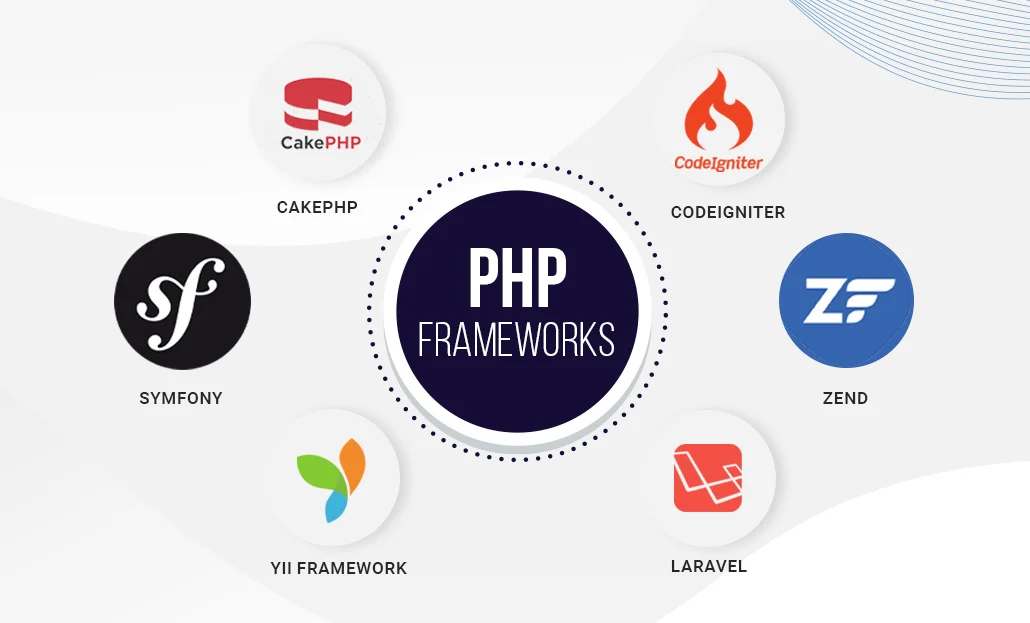Is student loan interest deductible?
Being a student with a loan can be a huge hassle, but you can make it less of one with the student loan interest deduction. With the student loan interest deduction, you can use it for up to $2,500 of the interest you might have paid on your loan and its interest. One exception is with student loans that may be nullified; in that case, you can completely exclude the total from your income.
The interest deduction has to be claimed on loan to pay for qualified higher education programs only when it comes to the interest reduction. On the other hand, it can be used for you, your spouse, or your kids, meaning any dependents.
Claiming fees, tuition, supplies, equipment, room, board, and transportation can be done when claiming a loan interest reduction. It can be used for a college, university, or even a vocational school. A couple of other things to consider when looking into the interest deduction is that the student must be at least a half-time student in a degree, certificate, or any other qualified program, as long as you are legally obligated to pay it back.
There are a few things you should realize, though, before claiming interest reduction that may affect whether or not you qualify. These include if another person can claim you as a dependent, you are married but file separately, for any reason you are not legally allowed to clear the loan, or a relative took out the loan. All of these can mean you cannot qualify for the deduction.
Something else you may want to know before trying to qualify for the deduction is that there are some instances where costs may be incurred and have to be reduced. This occurs when there are non-taxable distributions from a Coverdell education savings account or a qualified tuition program if there is interest from U.S. Savings Bonds that are non-taxable, parts of scholarships and fellowships that are non-taxable, any veterans education assistance, and any non-taxable amounts (excluding gifts, bequests or inheritances). Make sure you check into any connection to these things before applying for a student loan interest deduction.
One last thing that should be considered is if you are paying on any loans after 2002, you have a different option in claiming payments for the reduction. This is because the “first 60 months” requirement on interest is no longer part of loan agreements after this date. This allows for deductions on voluntary interest payments instead of only on required ones.
Having the option to save on student loans and the interest they incur can significantly help many families who want to give their children a better education and future. By taking advantage of the loan interest reduction, they are allowing themselves the chance to do just that.
Student Loan Interest Deduction
Is your student loan tax deductible? The answer is a qualified yes. For most people, you can deduct the interest paid on a student loan. However, there are exceptions that you need to be familiar with.
You may be able to deduct up to $2,500 of the interest paid, which should lower your tax bill. And the good news is, you will not need to itemize your deductions to claim the deduction. You cannot use the 1040EZ Tax Form; you need to use either the 1040A Form or the 1040 Form.
If you are married, you must file a joint form; you cannot file separately. Also, if you can be claimed as an exemption by anyone else, you are ineligible for the deduction.
To be eligible for the student loan interest deduction, you need to have taken the loan for yourself, your spouse, or your dependent. Interestingly, a dependent does not necessarily have to be a relative, but it must be a person who receives most of your support.
The IRS also requires that the student be enrolled at least half-time in a program that leads to a degree from an eligible educational institution. This includes a college, university, or vocational school that meets the student aid program guidelines administered by the U.S. Department of Education.
The interest payments are deductible over the life of the loan, but the loan must be taken out to pay for the educational expense. For example, if you take out a personal loan for something other than your education, you will not deduct the interest payments.
You can deduct the interest from almost any loan that is used specifically for your educational expenses. However, you cannot remove the interest paid to a relative.
The qualifying expenses for a student loan include tuition and fees, room and board, books, supplies, and other costs. The IRS requires that you be able to identify where and how this money was spent.
As with all things from the IRS, there are qualifying limits for the student loan interest deduction. If you make over a certain income, you will not be allowed to claim the deduction.
Read: 5 Things College Students Can Do to Be Successful in Life




Leave a Reply
You must be logged in to post a comment.